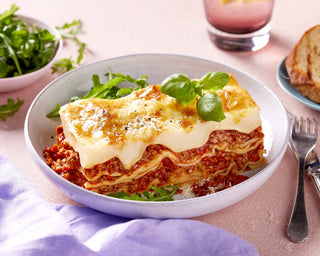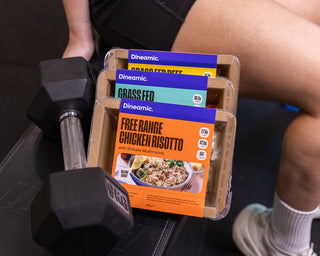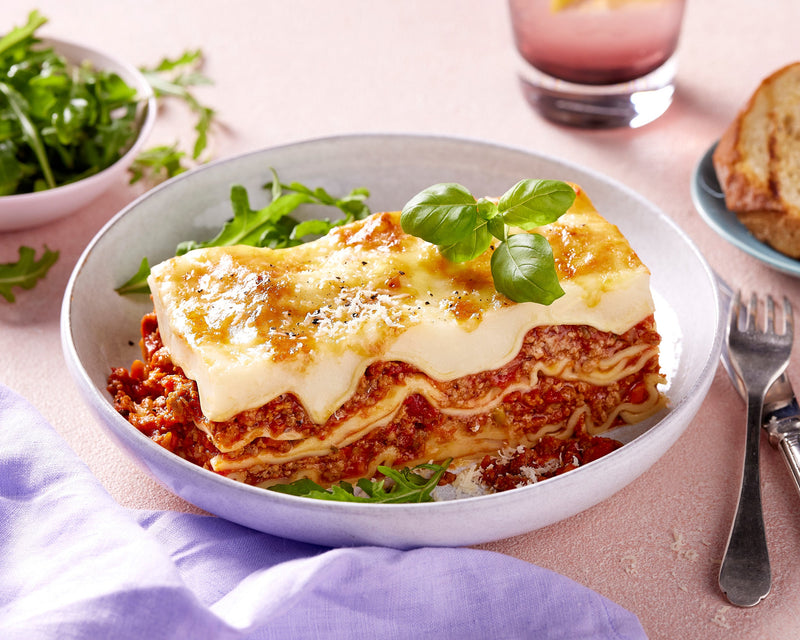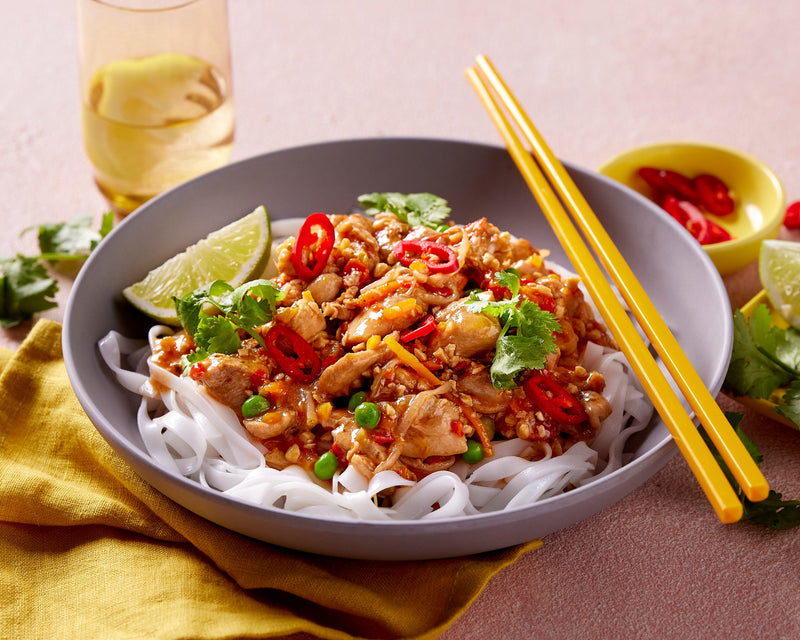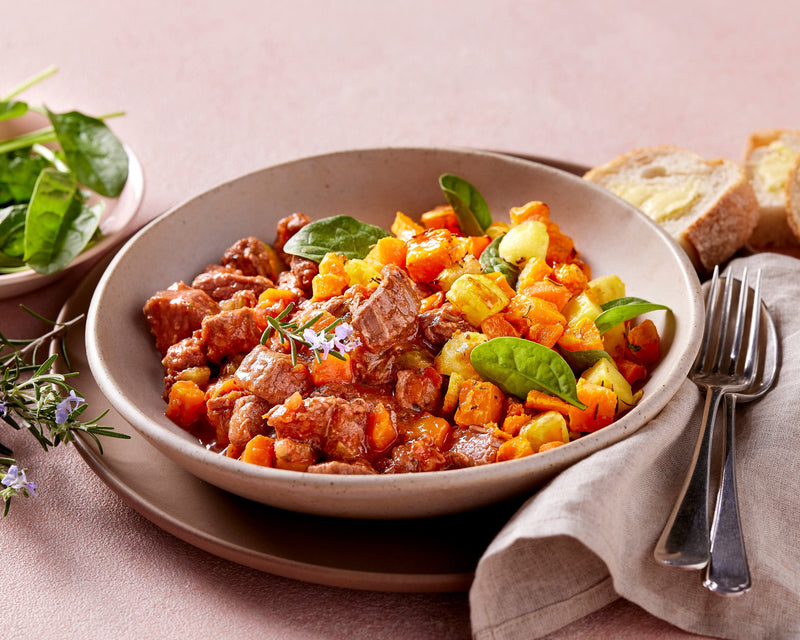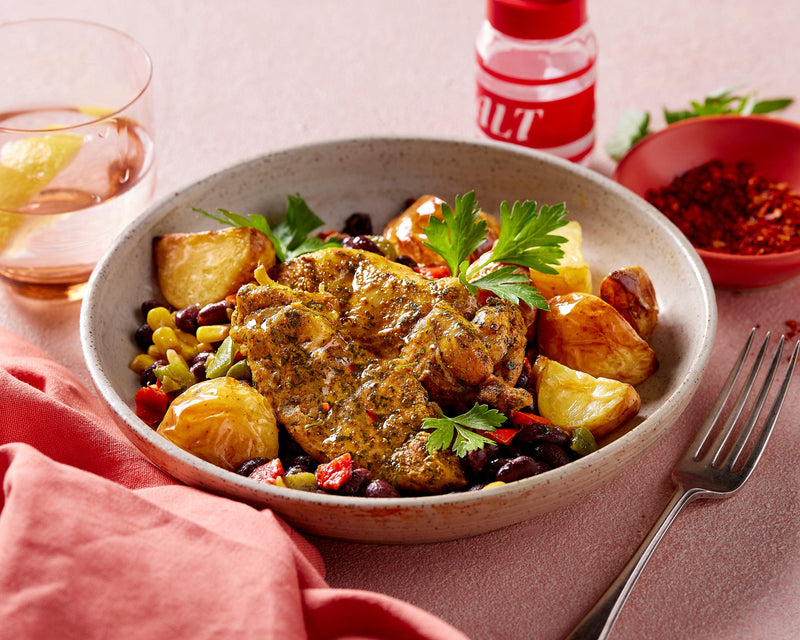Nutrition Buzzwords, Debunked
Ever been halfway through a diet chat or nutrition article and thought, “Wait... what are they actually saying?”
You’re not alone. Between science-y jargon and trend-driven terms, nutrition talk can feel like a different language. So, our nutrition team pulled together this easy glossary to help you decode the confusion and feel a little more confident at the checkout or the dinner table.
Antioxidants
Natural compounds that help protect your body from damage caused by free radicals (unstable molecules that can cause oxidative stress). You’ll find them in colourful fruits, veggies, and whole foods. Think of them as your internal clean-up crew. For a more in-depth understanding of free radicals and antioxidants, read our blog here.
Cruciferous
This refers to a family of veggies including broccoli, cauliflower, cabbage, kale, and brussels sprouts. Known for their fibre, antioxidants, and glucosinolates — sulfur-containing compounds that support good health.
Essential Amino Acids
There are 9 amino acids your body can’t make on its own — and they’re essential for building protein. Animal proteins (and tofu) contain all 9. For plant-based eaters, variety is key to covering all bases. Here’s how to get more plant-based protein in your diet.
Fad Diet
A trendy eating plan that gets popular fast but usually lacks science or long-term sustainability. If it sounds too good to be true, it probably is.
FODMAP
A group of short-chain carbs that some people struggle to digest. A Low FODMAP diet can help reduce bloating and gut issues. Check out our extensive overview here.
- Fermentable – broken down by gut bacteria
- Oligosaccharides – a few linked sugars
- Disaccharides – two sugar molecules
- Monosaccharides – a single sugar molecule
- Polyols – sugar alcohols
Gut-Brain Axis
This refers to the communication network between your brain and your gut. It explains why stress affects digestion, and why gut health is closely tied to mental wellbeing. More on the gut-brain connection here.
Keto
Short for ketogenic, this high-fat, low-carb diet trains your body to burn fat for energy instead of carbs. It's strict, but popular in some health circles.
Macronutrients
The three big nutritional players: carbohydrates, proteins, and fats. Your body needs these in large amounts for energy and everyday function.
Micronutrients
These are vitamins and minerals — needed in smaller amounts, but still essential for healthy body function. Think iron, calcium, vitamin D, and so on.
Phytonutrients
Plant-based compounds with health benefits. They give fruits and veggies their colour and help protect your cells. Examples include beta-carotene (found in carrots, pumpkin, and sweet potato).
Prebiotics
Types of fibre that feed the good bacteria in your gut. Found in foods like onions, garlic, leeks, oats, and bananas.
Probiotics
Live bacteria found in fermented foods (like yoghurt, kimchi, and sauerkraut) that help boost your gut health.
Preservatives
Used to keep food safe and shelf-stable. Natural examples include salt, vinegar, and olive oil. Some synthetic preservatives are best enjoyed in moderation. Learn more about which preservatives to watch out for here.
Still curious?
If there’s a nutrition word that’s got you scratching your head, email us at team@dineamic.com.au and we’ll add it to our growing glossary.


